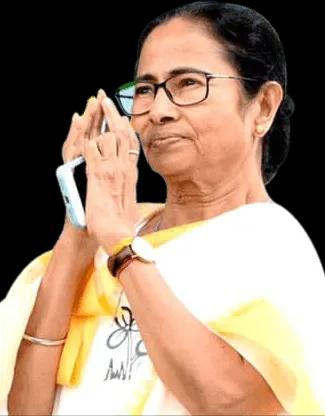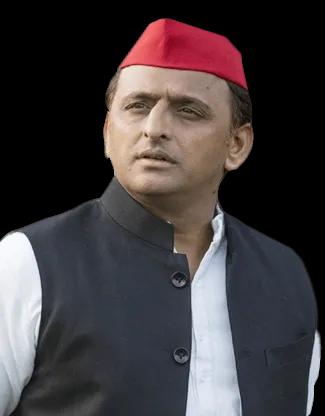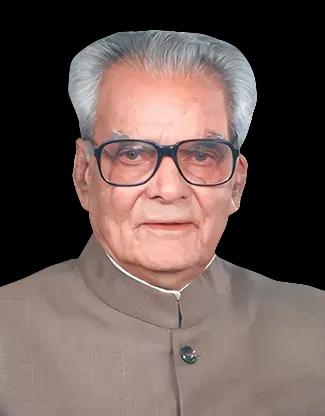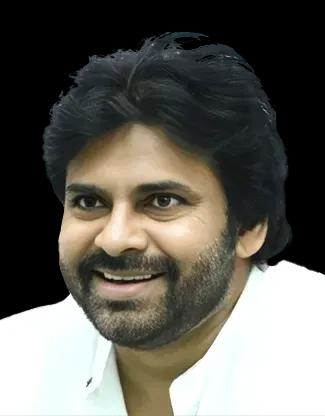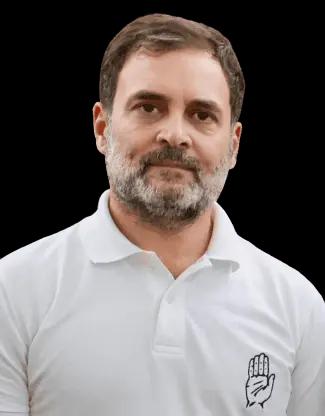
Barkatullah Khan
Former CM of RajasthanTable of Content
- Barkatullah Khan Biography: Rajasthan’s only Muslim CM till now
- How the seeds were sowed leading to his meteoric rise?
- Phone call that changed the destiny
- An able administrator
- Historic mandate
- The beginning
- How the end came ?
Barkatullah Khan Biography: Rajasthan’s only Muslim CM till now
This is the story of Rajasthan's only Muslim Chief Minister, who soared to great heights and then left us too soon, just like the short journey a shooting star. We are talking about Barkatullah Khan, who served as the sixth Chief Minister of the state. He led the state from July 9, 1971, to October 11, 1973, and passed away while still in office on October 11, 1973.
He was a simple man who had a role to play during India- Pakistan war of 1971 as the CM of the border state. He is also credited with bringing changes in the liquor policy of and being an able administrator. You may call him a destiny‘s child but had time permitted him, he might have proved himself. Unfortunately, his life was short. His simplicity in and out of office became a byword in the state.
Also Read: Bhajan Lal Sharma Biography: Early Life, Education, Family and Political Career
How the seeds were sowed leading to his meteoric rise?
It was a conflicting time in Indian Politics in those years. Indira Gandhi was being continuously challenged by a group of leaders called ‘ Syndicate’ (like G-23 of Congress party in recent years) and both were in a cold war kind of situation. During that time, in the year 1969, the tussle was very much visible between Mrs Gandhi (As Indira Gandhi was popularly called) and the syndicate. The party had fielded Neelam Sanjeeva Reddy but Indira’s choice was V V Giri.
Party President S. Nijalingappa , other senior leaders like K Kamraj was not in favour of Giri. A call of voting through ‘Antaraatma ki awaz’ (voting by conscience) was given by Indira loyalists and in a nail-biting finish Giri won the election to become the President of the country.
This had a direct fallout in Rajasthan where the then CM Mohanlal Sukhadia, a political stalwart in his own way had voted for the party’s official candidate Neelam Sanjeeva Reddy.
However, Barakatullah Khan and a few others, who heeded the voice of Indira's conscience, chose to vote for V.V. Giri & perhaps this vote became a gamechanger for ‘pyare miya’ Barkatullah Khan which eventually led his accession to the position of CM of Rajasthan. At the behest of the ‘ party high command’ some Congress legislatures opened up the front against Sukhadia who was already on a sticky wicket. And a decision was made.
Phone call that changed the destiny
The year was 1971 and the month was July when Indira Gandhi telephoned Pyare Miyan who was a close of her husband Firoz Gandhi. Khan was part of delegation which had gone to London. The orders were succinct – Come back to India, take charge of Rajasthan. With this curtains were drawn on Sukhadia’s era in Rajasthan governance.
Notably Barkatullah Khan, had visited Libya from 20 to 23 June, 1971, as a "special emissary" of the Prime Minister to explain to the Libyan leaders the refugee problem and the realities in Bangladesh.
An able administrator
In 2014, when Narendra Modi formed the government, he came up the dictum of – Minimum Government Maximum Governance but moons ago, in 1971, Khan actually implemented it and had 9 ministers in his cabinet.
His tenure was brief but was significant. He made changes in the liquor policy of the state. Uptil then some of the districts of the state had ‘ sharabbandi’ which was neither helping the people nor adding anything to the government coffers. Despite opposition form certain sections, he went ahead and lifted the ban. This raised the revenue of the coffers too.
To ensure better governance and to improve the service delivery he strictly implemented – No Work No Pay for the government employees to rein in the tendency of resorting to strikes. This gave positive results and the incidences of strikes reduced in Rajasthan.
The only Muslim Chief Minister of the state also played a significant role in matters related to reservation policy. Previously, if there was no candidate from the reserved category for a reserved position, it would be filled by a general category candidate. Barkatullah Khan argued that this was against the fundamental spirit of reservation. He insisted that only a candidate from the reserved category should occupy a reserved seat.
As the CM of state bordering Pakistan during the turbulent time of war, Khan chaired several preparatory meetings in border districts in the wake of an imminent Pakistani attack.
Historic mandate
Amidst the soaring popularity after India- Pak war, elections to Rajasthan assembly were held in March 1972. Congress won 145 seats out of 184 seats under his leadership and he was re-appointed as the CM. This time he actually earned this position.
The beginning
Barkatullah Khan was born in Jodhpur October 25, 1920 into a small businessman family. He went to Lucknow for his studies. Perhaps it is this place which shaped his destiny and was the reason for future happenings in his life. It was there that he became friends with Firoz Gandhi who grew up to be a national leader in his on way apart from being the husband of Indira Gandhi. Another friendship blossomed that later transformed into love and marriage with Usha Mehta (who later became Ushi Khan).
The love story of Barkatullah Khan and Usha, a relationship between a Muslim and a Hindu, may spark some controversy today. However, during that time in India, both Khan and Usha had fallen in love and were undeterred by societal pressures. It is really ironic that Khan who never thought on the lines of religion & had progressive thinking had to bow down to the prevailing political circumstances during later part of his life and had contested from Muslim dominated Tijara ( Alwar) to secure a safe seat.
How the end came ?
Just like his sudden rise in politics, his end also came abruptly. On October 11 in 1973. He suffered a heart attack and couldn’t survive. It was a rude shock for his wife , friends and for the state. Indira Gandhi while speaking in the parliament in her condolence message remembered him as a fine representative of the composite, culture of India , a person of wide and progressive vision and an administrator who served the people with single minded earnestness. She mentioned his ‘ indefatigable’ work in drought relief in the state.
Explore the Indian Political Leaders Biography
Explore the world of leaders as we showcase significant political profiles making an impact in politics. Discover their stories, beliefs, and the ways they shape the world.

